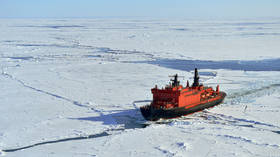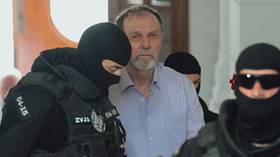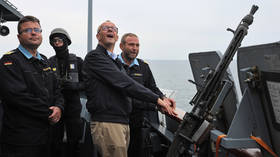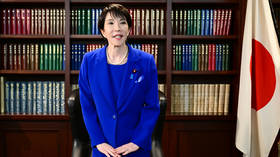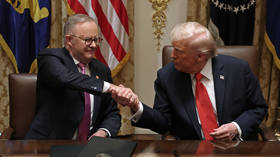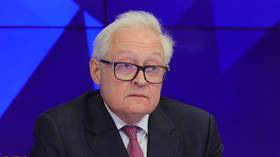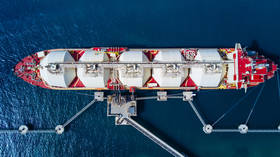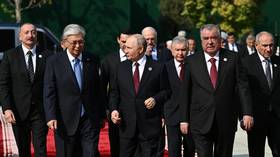India keen to develop fourth-gen nuclear energy with Russia – Rosatom CEO
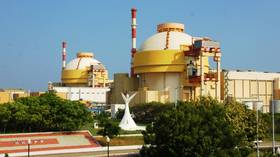
India has shown a keen interest in developing fourth-generation nuclear energy with Russia, Rosatom CEO Aleksey Likhachev has said.
Addressing reporters on the sidelines of the Shanghai Cooperation Organization (SCO) summit in Tianjin, China on Monday, the head of the Russian state nuclear corporation noted that New Delhi was also keen on using Arctic shipping routes.
“They [India], maybe like no other, are interested in developing the new fourth generation of nuclear energy with us,” Likhachev said.
”Our Indian friends pay special attention to the technology of tomorrow,” Likhachev added. “This is quantum technology. And in the format of the BRICS platform, we see the maximum interest in our quantum projects and in this cooperation from our Indian friends.”
🇷🇺🤝🇮🇳 "Indian Friends" Interested in Partnership to Develop 4G Nuclear Energy - RosatomThe Director General of Russia's nuclear energy agency says India has shown the most interest in quatum projects.Aleksey Likhachev said India pays special attention to technology shaping… pic.twitter.com/Ag9lJ6WA06
— RT_India (@RT_India_news) September 1, 2025
Rosatom has constructed two reactor units at India's Kudankulam Nuclear Power Plant (KNPP) with a capacity of 2000 MW each, and plans to commission a third unit in 2026 and a fourth in 2027. The Russian state-owned corporation has also signed a general framework agreement to build two more reactor units in India.
Media reports indicate that India may be interested in another large power plant designed by Russia, as well as smaller plants.
In Tianjin, Likhachev highlighted Indian Prime Minister Narendra Modi’s remarks on the strategic importance of developing Arctic routes, saying: “Again, Prime Minister [Modi] said today that in his opinion, one of the most promising new directions of action is the Northern Sea route.”
The route, which spans the entire length of Russia’s Arctic and Far East regions, is expected to become a major trade corridor for goods shipped between Europe and Asia. It could drastically reduce transportation times compared to traditional pathways through the Suez or Panama canals.
A joint India-Russia intergovernmental working group has already been established to focus on the Arctic shipping route, Likhachev said. “There are target numbers for the coming years – to reach 5 million tonnes of transit with India via the Northern Sea Route. And I am sure our cooperation won’t be limited to that,” he said.
